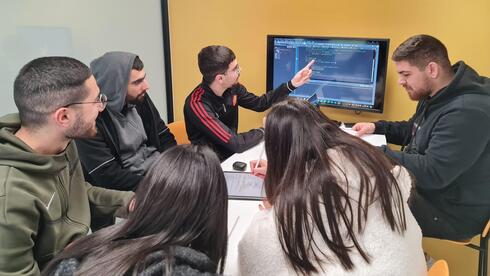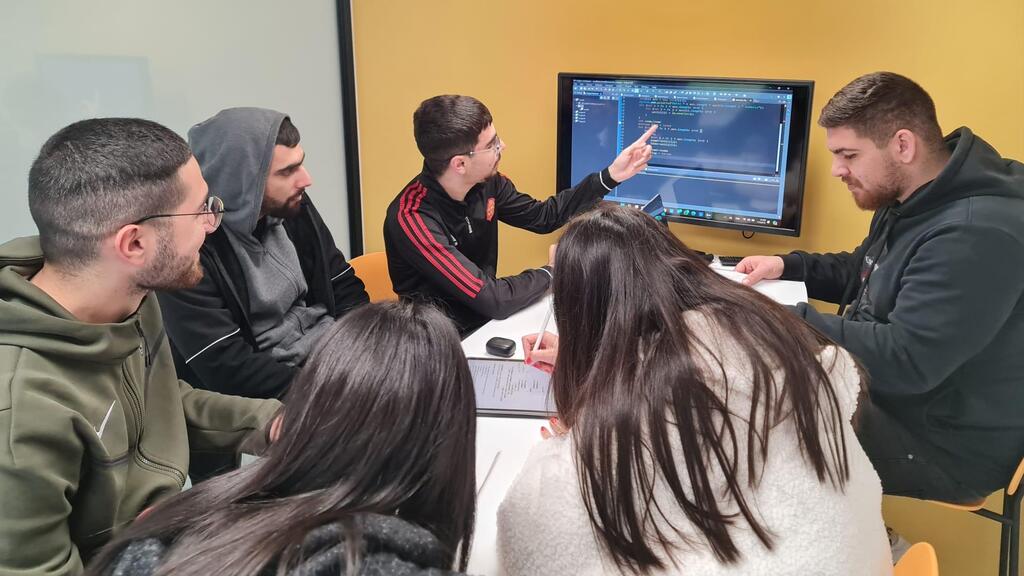Computer science graduates from U.S. universities are facing unemployment rates of 6.1% to 7.5%, more than double those of biology or art history graduates, according to a recent study by the Federal Reserve Bank of New York.
Layoffs and artificial intelligence
A detailed report in The New York Times attributes the spike largely to artificial intelligence, which has eliminated many entry-level positions and triggered widespread job cuts at tech giants including Amazon, Meta and Microsoft. Some graduates say companies are already using AI tools to automatically reject applications, sometimes within minutes.
2 View gallery


Many students decided to study computer science after being encouraged by tech executives on social media
(Photo: Shutterstock)
The newspaper quoted students who chose computer science degrees after being persuaded by tech executives on social media that the field would guarantee lucrative jobs. After graduating, many applied to hundreds or even thousands of tech positions, attended dozens of interviews, and received no offers.
Since the early 2010s, tech leaders and even U.S. presidents have urged young people to learn programming, claiming that coding skills would boost their employment prospects and strengthen the economy. Technology firms promised computer science graduates high salaries and generous benefits.
Those financial incentives fueled a rapid boom in computer science and coding education. Last year, the number of undergraduates majoring in the field topped 170,000 in the U.S., far exceeding 2014 levels. But now, the spread of AI-powered coding tools capable of producing thousands of lines of code in minutes, combined with waves of layoffs, is derailing the career hopes of many new computer science graduates.
The biggest blow: No more junior roles
Computer science graduates are feeling especially pressured as tech companies adopt AI coding assistants, reducing the need for some firms to hire junior software engineers. The trend is particularly visible in downtown San Francisco, where billboards for AI tools such as CodeRabbit promise to find and fix code bugs faster and more accurately than humans.
Tracy Camp, executive director and CEO of the Computing Research Association in the U.S., said, “New computer science graduates are expected to be hit particularly hard this year, since many universities are only now beginning to train students in AI-based coding tools.” In other words, universities are only just starting to equip students with the skills tech companies are looking for.
The trend is also evident in Israel. According to a recent report by the RISE Israel research and policy institute and IVC Research Center, the number of computer science graduates from Israeli universities has doubled over the past four years, but their absorption rate into the high-tech sector has dropped sharply.
In just two years, the percentage of computer science graduates with LinkedIn profiles has jumped from 46% to 70%, reflecting increasingly fierce competition for every open position. The result: longer job searches than ever before, often ending in painful compromises on roles and pay, even among top graduates.

